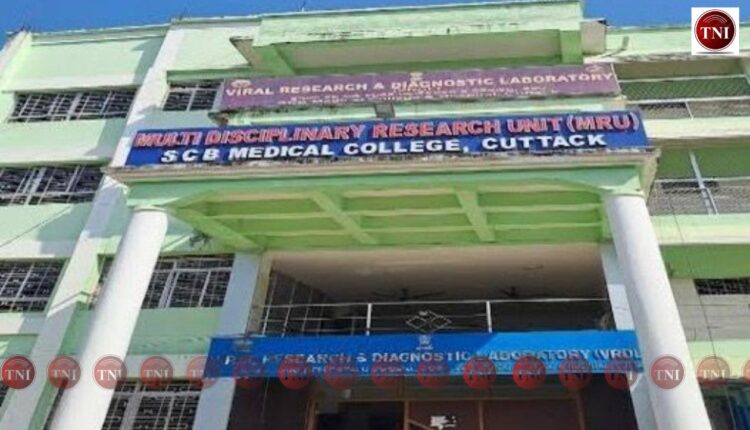Bhubaneswar: In response to the recent RG Kar incident, the Odisha government has introduced a comprehensive policy to ensure a safe workplace for doctors, students, and healthcare workers across the state. The Health and Family Welfare Department has released guidelines aimed at improving safety in healthcare and health education institutions.
The policy includes:
Support Independent Journalism? Keep us live.
- Access Control:
- All health institutions must have perimeter boundary walls with designated entry and exit points to regulate access and prevent misuse of premises.
- Employees are required to wear ID cards, and dress codes must be adhered to.
- A visitors’ pass system is mandatory for indoor patients, with two passes issued per patient. Visitors will be frisked for prohibited items, and attendants are restricted to designated waiting areas outside the wards.
- Visiting hours must be specified on passes and displayed prominently within the hospital.
- Security Arrangements:
- Security personnel will be deployed 24×7 at OPDs and outside wards, with both male and female guards where possible. Security patrols will monitor the campus to remove unauthorized vehicles and vendors.
- Security hubs may be set up in high-case-load departments with contact numbers available through signage.
- CCTV cameras will be installed in strategic locations across hospital campuses and hostels, with footage monitored 24×7 and a three-month storage backup.
- Parking areas and campus lighting will be enhanced for security, with transportation options for women on night shifts.
- A grievance redressal system will allow attendants to reach out to superintendents instead of taking matters into their own hands. Contact details for this system will be displayed prominently.
- Institutions must maintain contact with local police, and police outposts will be set up at Government Medical Colleges, with at least one female officer on duty at all times.
- Regular safety audits will be conducted to identify and mitigate risks.
- Duty and Rest Rooms:
- Duty rooms and separate washrooms for male and female doctors and nurses will be made available in all wards.
- Emergency Response Plan:
- Emergency protocols including panic buttons, phones, and apps will be established. A dedicated phone line will be set up in the security control room for emergencies.
- Respectful Workplace Culture:
- A zero-tolerance policy will be enforced for harassment, bullying, or discrimination. Signage will inform patients and their families to treat medical staff respectfully, with legal consequences highlighted.
- Institutions are required to display information on penalties under relevant laws, such as the Bharatiya Nyaya Sanhita and the Odisha Medicare Service Persons Act, 2008.
- Support Services:
- Institutions will provide training on respectful workplace culture, hospital safety, and emergency protocols for all staff. Support services including counseling, self-defense training, and peer groups will be offered to combat workplace stress.
- Incident Reporting:
- Clear procedures will be set for reporting incidents, ensuring confidentiality. Any violence against medical students must be reported to the police within six hours, with a detailed action report sent to the National Medical Commission (NMC) within 48 hours.
- District police are required to take immediate action to discourage violence.
- Institutional Monitoring Committee:
- A committee, chaired by the institution head and including representatives from relevant groups, will conduct monthly reviews of safety measures and follow up on actions taken.
The policy was issued by the Health and Family Welfare Department under the direction of the Governor and circulated to all relevant officials for immediate implementation.


Comments are closed.